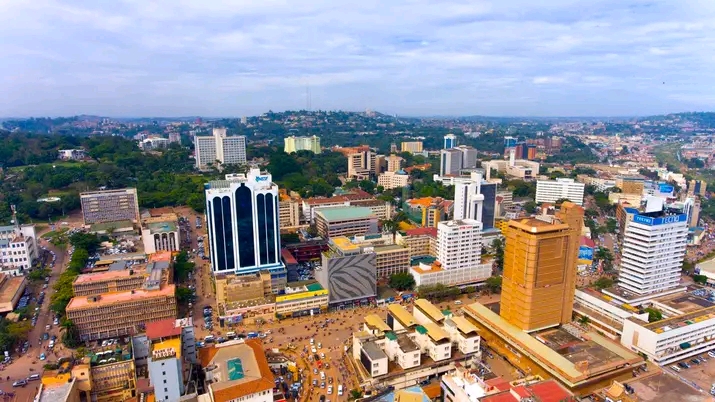By Joshua Illya
Uganda, often lauded as the “Pearl of Africa,” has been marred by a recent tragedy that sent shockwaves across the nation.
The unfortunate incident involved the cold-blooded murder of a British national, David Barlow, and his South African wife, Emmaretia Geyer, who were on their honeymoon near the picturesque Queen Elizabeth National Park.
This horrifying act, however, has now become the center of a different kind of storm – a controversy stemming from the government’s decision to rename a road in their memory.
The gruesome incident occurred on October 17 when the foreign couple fell victim to unknown assailants. The tragic loss sent ripples of sadness not only through their families but also across Uganda and beyond. However, the government’s subsequent move to rename a road in their honor has sparked anger and criticism among some Ugandans.
The crux of the matter revolves around Eric Alyai, a local guide who lost his life alongside the foreign couple. Alyai’s death, it seems, has gone unnoticed in the government’s decision to commemorate the slain tourists.
Critics argue that Alyai’s sacrifice, while guiding and protecting the tourists, should also be recognized and honored.
This turn of events has ignited a heated debate about fairness and equity in acknowledging those who suffer as a result of such tragic incidents.
Proponents of honoring Alyai, who was an integral part of the group, contend that his role in safeguarding the tourists should be equally celebrated.
The move to rename a road, which should symbolize remembrance and respect for those who lost their lives, now stands as a stark example of the difficult decisions governments must make in such instances.
The government’s decision, while intended to honor the foreign victims, has inadvertently drawn attention to the vital importance of recognizing all those who endure hardships in the face of such tragic events.
As the controversy unfolds, Ugandan authorities find themselves caught in a delicate balancing act between honoring foreign visitors and acknowledging the sacrifice of a local guide.
What remains paramount is that the country’s commitment to justice, fairness, and inclusivity prevails, ensuring that the memory of all victims is cherished, regardless of their nationality.


